Are you wondering how to turn your interest in aviation technology into a rewarding career? Flight simulator technicians are in high demand, thanks to their unique skill set. This article will guide you through the steps needed to become a successful flight simulator technician, from choosing the right training program to landing your first job.
Let's embark on this exciting journey together!
Understanding the Role of a Flight Simulator Technician
A Flight Simulator Technician is responsible for the maintenance, repair, and operation of flight simulators, ensuring they are functioning properly and accurately simulating real-world flight conditions.
Responsibilities
A flight simulator technician carries a range of duties to keep the simulation systems operating smoothly and efficiently. These responsibilities include:
- Ensuring that the flight simulators are in good working condition by conducting regular checks and maintenance.
- Troubleshooting any technical issues that arise during simulator training sessions.
- Working closely with pilots and instructors to understand their needs and make necessary adjustments to the simulators.
- Keeping up-to-date records of all simulator use, maintenance, and repairs for future reference.
- Installing new software updates or hardware additions to improve the flight simulation experience.
- Coordinate with aircraft manufacturers and equipment suppliers to learn about latest updates or changes in technology.
- Assisting in creating realistic training scenarios for pilots, based on real - world situations they might encounter during flight.
- Training other staff members on how to properly use and manage the flight simulators.
- Adhering strictly to safety standards when handling all simulator equipment and operations.
Education and experience requirements
Education and experience play crucial roles in the journey to becoming a Flight Simulator Technician. The following table provides a summary of the general expectations and requirements in this field:
|
Education |
Experience |
|
A high school diploma or equivalent is typically the minimum requirement. Many employers prefer applicants with an associate's degree or higher, particularly in fields like aviation technology, electronics, or computer science. |
Experience is highly valued in this field. Many employers require at least two years of relevant work experience. This might include experience with flight simulator operation, maintenance, or repair. Internships or apprenticeships can also be beneficial for gaining hands-on experience. |
In addition to formal education and experience, certifications such as the Certified Technology Specialist (CTS) can further boost your qualifications. It’s also important to have a strong foundational understanding of avionics systems and electronics, as well as familiarity with software like AutoCAD.
Necessary skills and qualities
Growing into a successful flight simulator technician requires certain essential skills and qualities.
- Proficiency in Aviation Technology: A deep understanding of aviation technology is crucial. This includes knowledge of aircraft systems, simulation concepts, and basics of simulation.
- Strong in Electronics: Holding an electronics degree or having attended a civilian/military electronics technical school will be highly beneficial.
- Experience with Modeling and Simulation: Experience in this area enhances their ability for maintenance support, particularly if they've gathered modeling and simulation experience.
- Excellent Mechanics Skills: Good knowledge in mechanics is important for taking care of both the physical and virtual aspects of flight simulators.
- Attention to Detail: The details matter when it comes to aviation. A good technician should be able to spot even minor system glitches that could affect the flight simulation.
- Problem-Solving Ability: When things go wrong - as they inevitably will - the technician needs robust problem-solving skills to get the simulator up and running again quickly.
- Professional Certification: Whether it's pilot certification or an aeronautical science degree, official recognition of your expertise can boost your career prospects.
- Physical Stamina: The job can be physically demanding, with long hours sometimes spent on meticulous repair work. Good physical condition is therefore an asset.
- Passion for Aviation Industry: A genuine interest in aviation helps technicians stay updated about industry trends and developments, leading to better performance on the job.
Training Options for Becoming a Flight Simulator Technician
Training options for becoming a Flight Simulator Technician include computer-based and virtual training, degree or diploma programs, as well as specialist qualifications and experience.
Computer-based and virtual training
Flight simulator technicians have the option of undergoing computer-based and virtual training programs to enhance their skills. These training programs provide hands-on experience in working with flight simulators, teaching technicians the basics of simulation concepts and electronics.
Through these programs, technicians can gain a solid understanding of how flight simulators function and learn about maintenance and operational support. By completing computer-based and virtual training, aspiring flight simulator technicians can develop the necessary skills to excel in their field and stay up-to-date with advancements in technology.
Degree or diploma programs
Despite popularity of on-the-job training, degree or diploma programs can provide a more comprehensive understanding and hands-on experience in flight simulation technologies. There is a range of programs available, with some of the most common being an associate's degree or a bachelor's degree in a field related to aviation technology, electronics, or computer science.
|
Program Type |
Course Focus |
Duration |
|
Associate's degree programs |
Provides basic knowledge and skills in aviation technology or electronics |
2 years |
|
Bachelor's degree programs |
Provides broader, in-depth knowledge in aviation technology, electronics or computer science, preparing students for a wider range of careers |
4 years |
|
Diploma programs |
Focuses more on specific skills, offering a quicker path to entry-level positions |
1-2 years |
Completing these programs equips students with the technical knowledge and skills needed to troubleshoot, repair, and maintain flight simulators. Additionally, they may offer opportunities for practical experience through internships or placements, further preparing students for the career.
Specialist qualifications and experience
Flight simulator technicians often hold additional specialist qualifications and have relevant industry experience that enhances their employability and expertise.
|
Specialist Qualification |
Description |
|
Certified Simulator Technician (CST) |
This is a specialized certification tailored for professionals who work with flight simulators. It provides in-depth knowledge of simulator-based training devices and their operation. |
|
Electronic Systems Degree |
A degree in electronic systems, control systems, or a related field can be beneficial in understanding the technical aspects of flight simulators and their programming. |
|
Experience in Aviation Maintenance |
Having experience in aviation maintenance provides a practical understanding of aircraft systems and operations, which translates directly into the role of a flight simulator technician. |
|
Computer Programming Knowledge |
Understanding of computer programming languages is crucial for managing and troubleshooting the software components of flight simulators. |
In addition to the qualifications listed above, practical experience in operating, maintaining, or repairing flight simulators can greatly enhance a technician's proficiency and employability.
Job Opportunities and Career Progression for Flight Simulator Technicians
Explore the endless possibilities and exciting career paths that await skilled flight simulator technicians in both commercial and government sectors. Discover how you can soar to new heights in this dynamic field!
Opportunities in commercial and government/military sectors
Flight simulator technicians have a range of exciting job opportunities in both the commercial and government/military sectors. In the commercial sector, they can work for airlines, flight training centers, or aviation manufacturers.
These positions involve maintaining and operating flight simulators to provide realistic training experiences for pilots. In the government/military sector, flight simulator technicians support military pilot training programs and defense organizations.
These roles require a high level of technical expertise and an understanding of specific military aircraft systems. Whether in the commercial or government/military sectors, there is ample opportunity for career growth and advancement as technology continues to evolve in the field of aviation simulation.
Advancement potential within the field
Flight simulator technicians have excellent opportunities for career advancement within the field. As they gain experience and expertise, they can progress to higher-level positions such as senior technician or supervisor.
With further training and education, they may even become flight simulator engineers or specialists in specific simulation systems. Many technicians also choose to pursue additional certifications or qualifications, which can open up further avenues for advancement and specialization within the aviation industry.
The demand for skilled flight simulator technicians continues to grow, making it an exciting field with plenty of potential for professional growth and development.
In summary, flight simulator technicians have a wide range of opportunities for career advancement within the field. With experience, training, and additional qualifications, they can progress to higher-level positions such as senior technician or supervisor.
How to Stand Out and Succeed as a Flight Simulator Technician
To excel as a flight simulator technician, ongoing professional development and networking are key. Stay updated with technology advancements, build a strong network, and never stop learning to ensure success in this dynamic field.
Read on to discover more!
Staying up-to-date with technology advancements
Flight simulator technicians need to stay up-to-date with technology advancements in order to excel in their field. This includes keeping abreast of the latest developments in flight simulation software, hardware, and systems.
By staying informed about new technologies, they can ensure that they have the necessary knowledge and skills to operate and maintain cutting-edge flight simulators. Additionally, staying up-to-date allows them to anticipate changes and trends within the industry, giving them a competitive edge and increasing their value as professionals.
Continuous learning is key for flight simulator technicians to adapt to evolving technologies and provide effective support for pilots and training programs.
Building a strong network
Flight Simulator Technicians can greatly benefit from building a strong network within the industry. By connecting with other professionals in the field, they have access to valuable resources and opportunities for career advancement.
Attending industry events, joining professional organizations, and participating in online forums are all effective ways to expand their network. Through these connections, flight simulator technicians can gain insights into new technologies, job openings, and potential collaborations.
Building relationships within the industry also enables them to seek advice and mentorship from experienced individuals who can guide them in their career journey.
Continuing education and professional development opportunities
Flight simulator technicians can enhance their skills and stay ahead in their field by taking advantage of various continuing education and professional development opportunities. This allows them to expand their knowledge, stay updated with the latest advancements, and improve their career prospects. Here are some ways they can continue to grow and succeed:
- Attend industry conferences and workshops: Participating in conferences and workshops related to flight simulation technology provides technicians with valuable networking opportunities, exposure to new ideas, and access to industry experts.
- Pursue specialized certifications: Acquiring certifications specific to flight simulation technology can help technicians stand out from their peers and demonstrate their expertise in the field.
- Engage in online courses or webinars: Online learning platforms offer a wide range of courses related to flight simulation technology, allowing technicians to deepen their understanding of specific topics or acquire new skills at their own pace.
- Join professional associations: Becoming a member of professional organizations related to aviation or simulation technology provides access to resources, networking events, and opportunities for professional growth.
- Seek mentorship opportunities: Connecting with experienced professionals in the field can provide valuable guidance, advice, and support as technicians navigate their career paths.
- Stay informed through industry publications: Subscribing to industry magazines or newsletters keeps technicians informed about the latest trends, research, and developments in flight simulation technology.
Importance of attention to detail and problem-solving skills
Attention to detail and problem-solving skills are crucial for success as a flight simulator technician. In this role, technicians are responsible for maintaining, troubleshooting, and repairing complex flight simulator systems.
They need to pay close attention to every component and detail of the simulator equipment to ensure it is functioning correctly. Any oversight or mistake could lead to inaccurate training simulations or malfunctions during use.
Additionally, problem-solving skills play a vital role in this field. Flight simulator technicians often encounter technical issues that require quick thinking and analytical problem-solving abilities.
Conclusion
Becoming a flight simulator technician requires a combination of technical knowledge, specialized training, and practical experience. By pursuing the right education and gaining hands-on skills, you can position yourself for success in this exciting field.
Stay updated on industry advancements, build a strong network, and continue to develop your skills to stand out as a flight simulator technician. The possibilities are endless in this dynamic career path within the aviation industry.

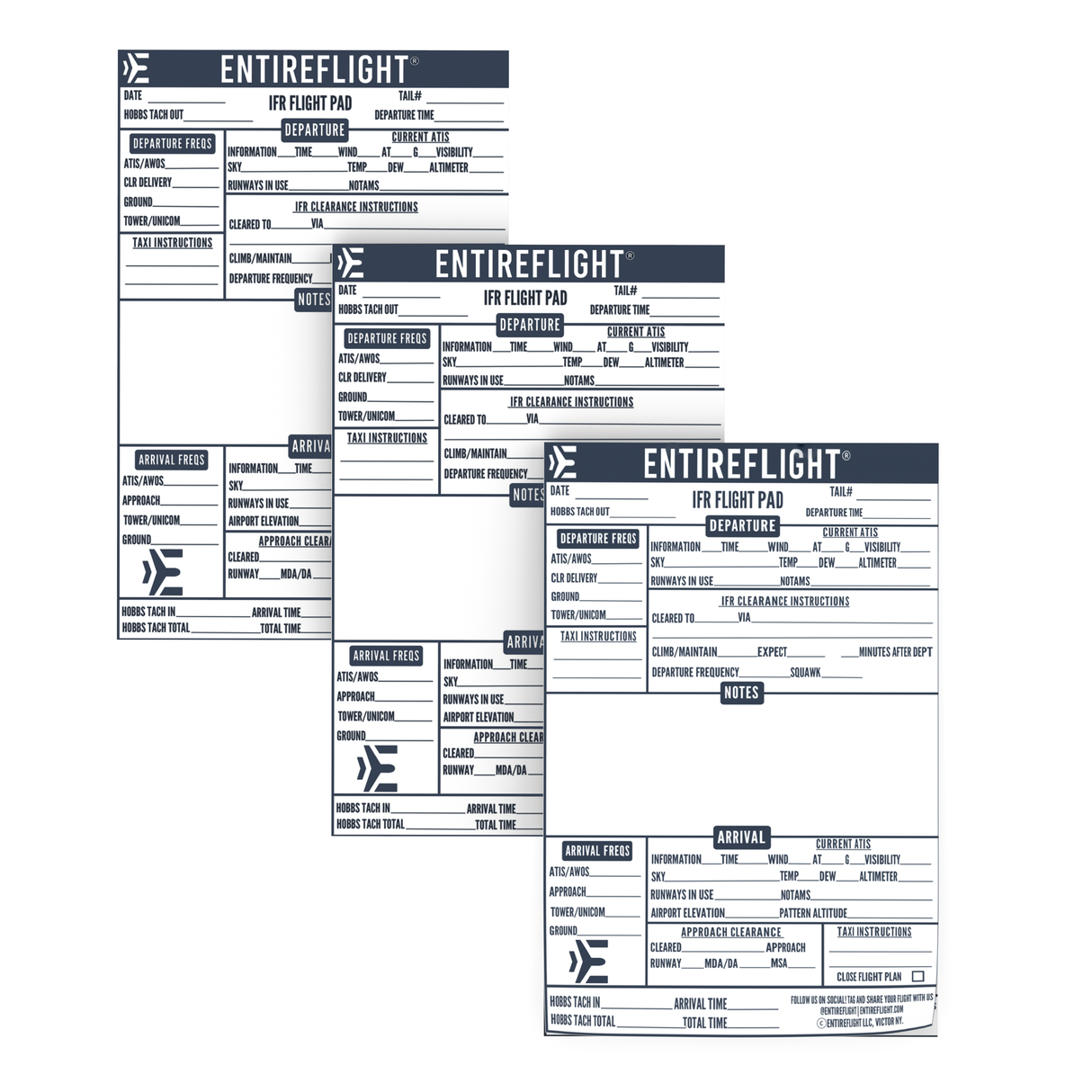
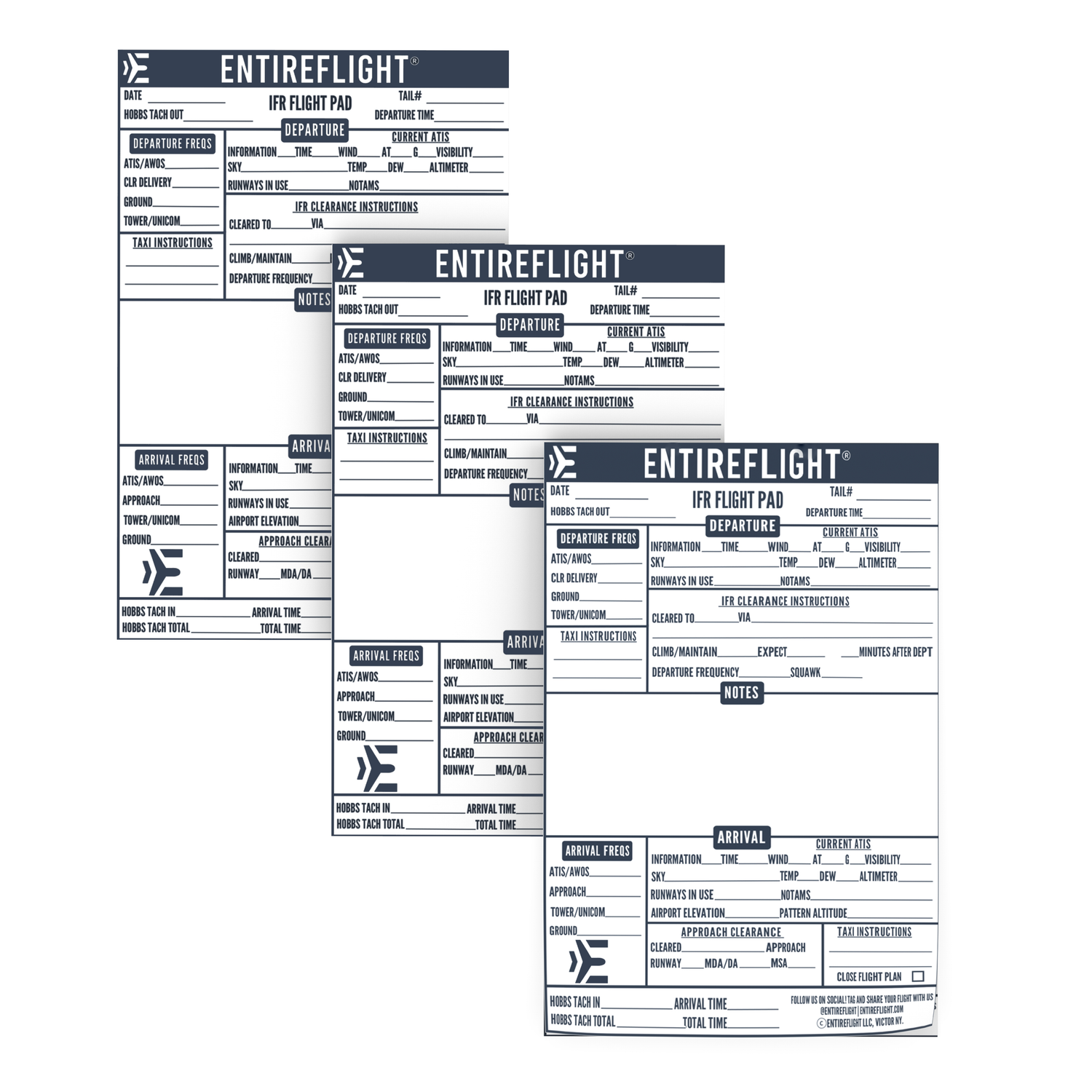
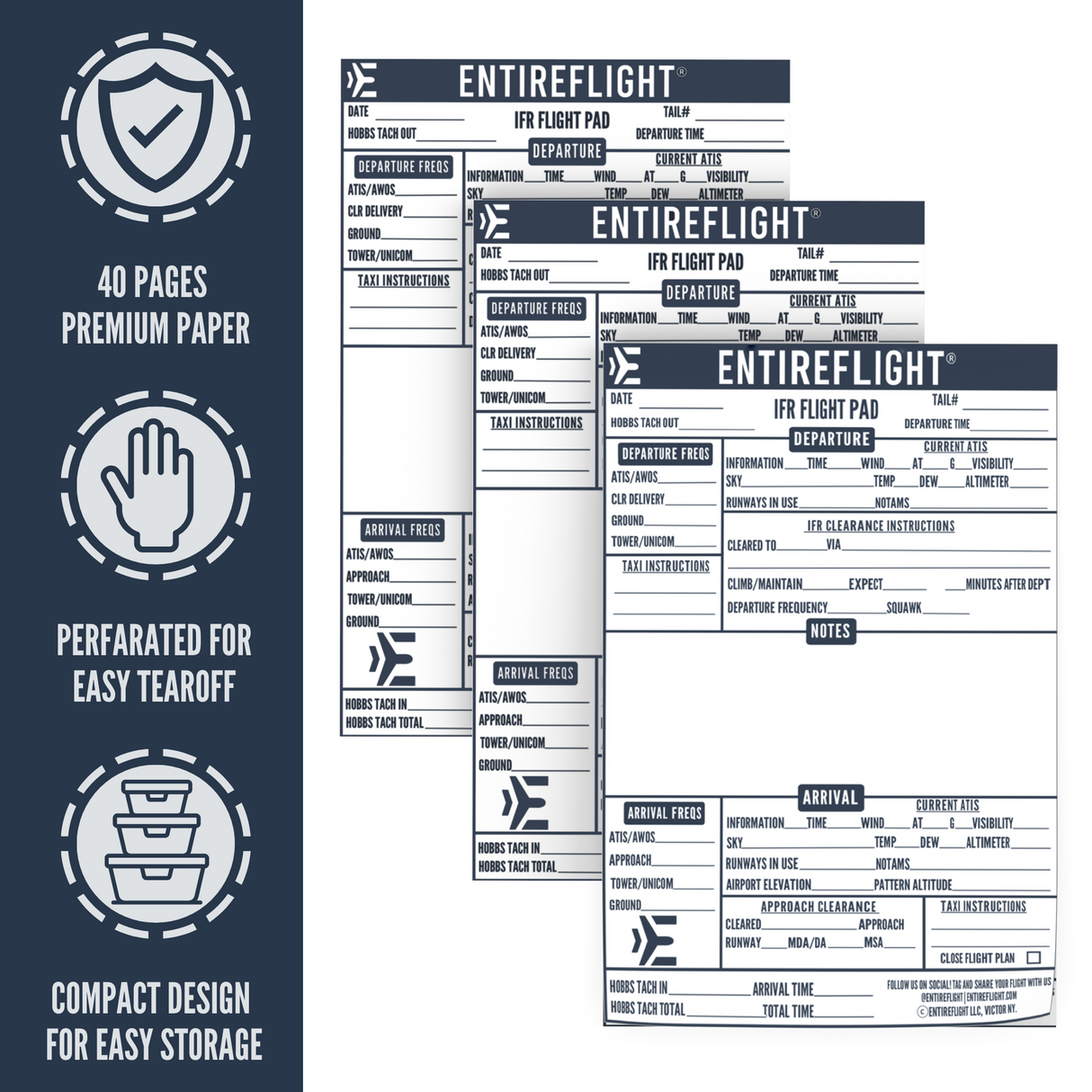
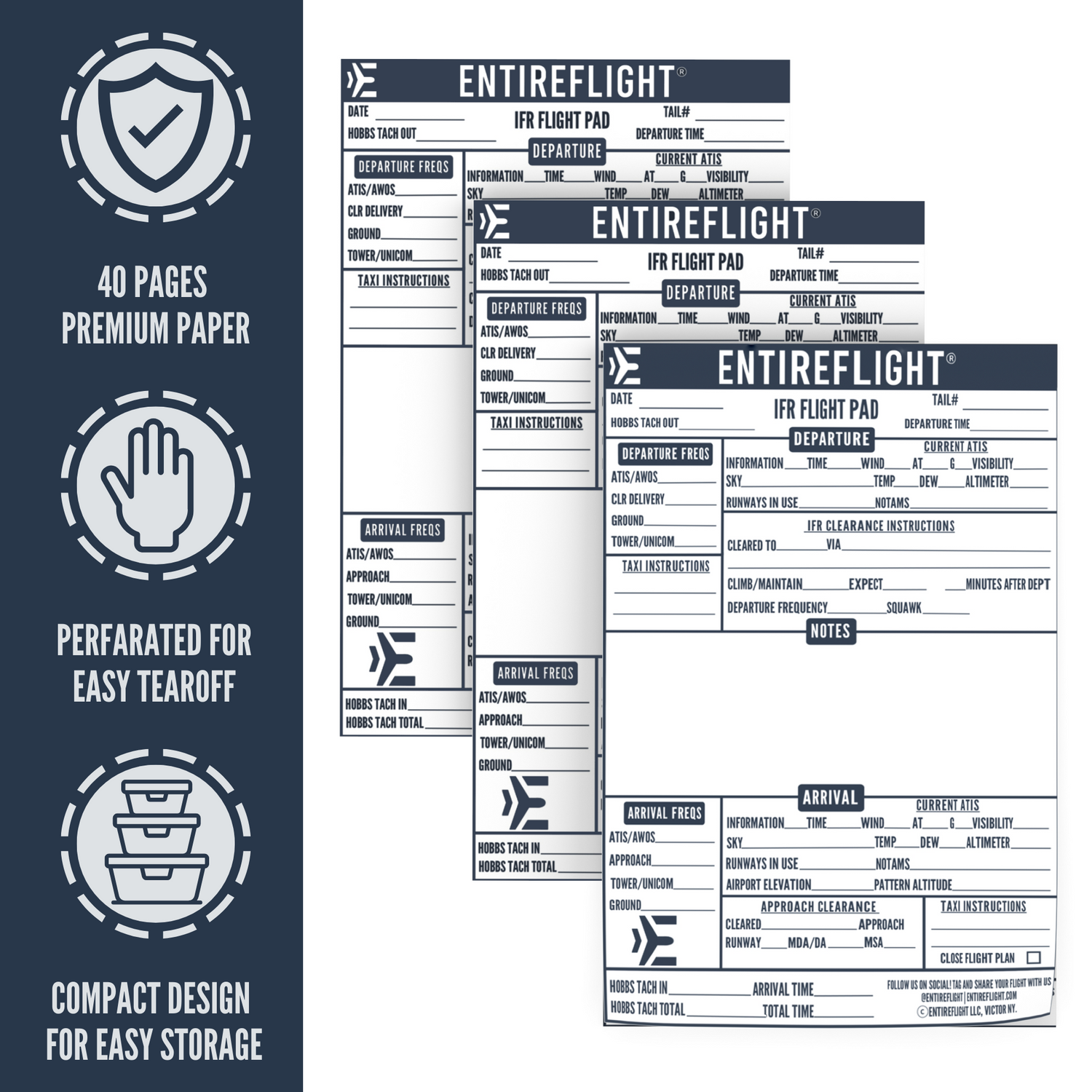
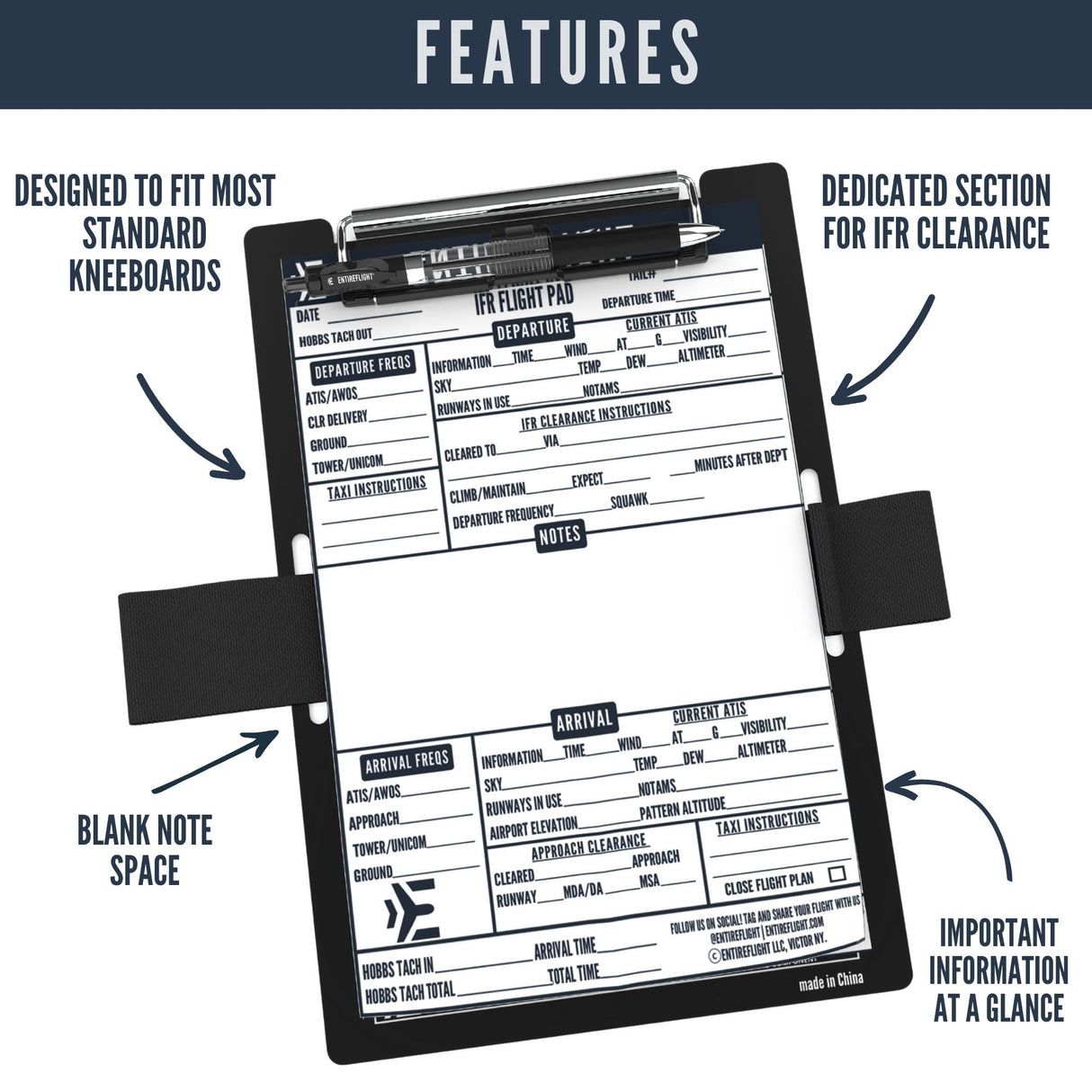
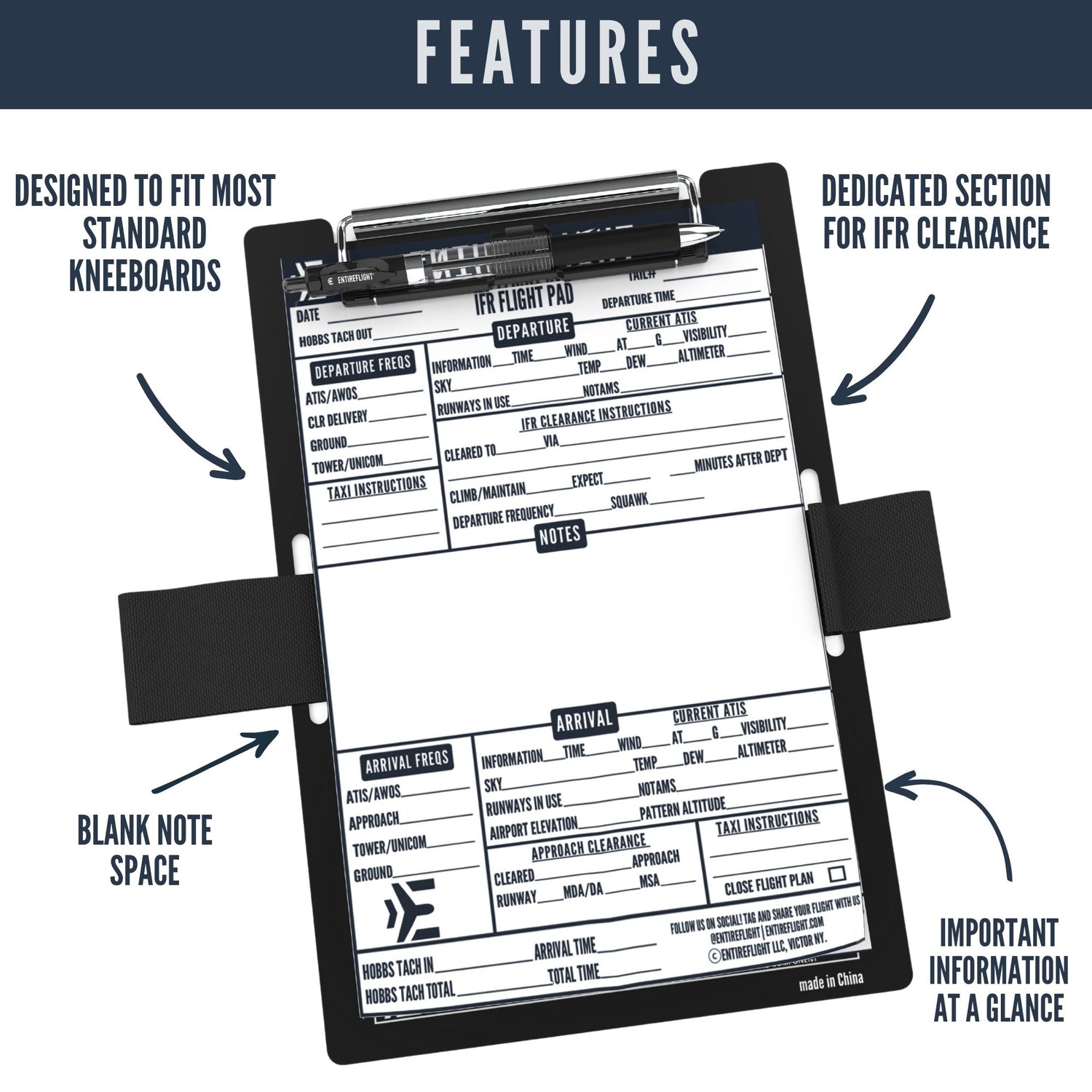
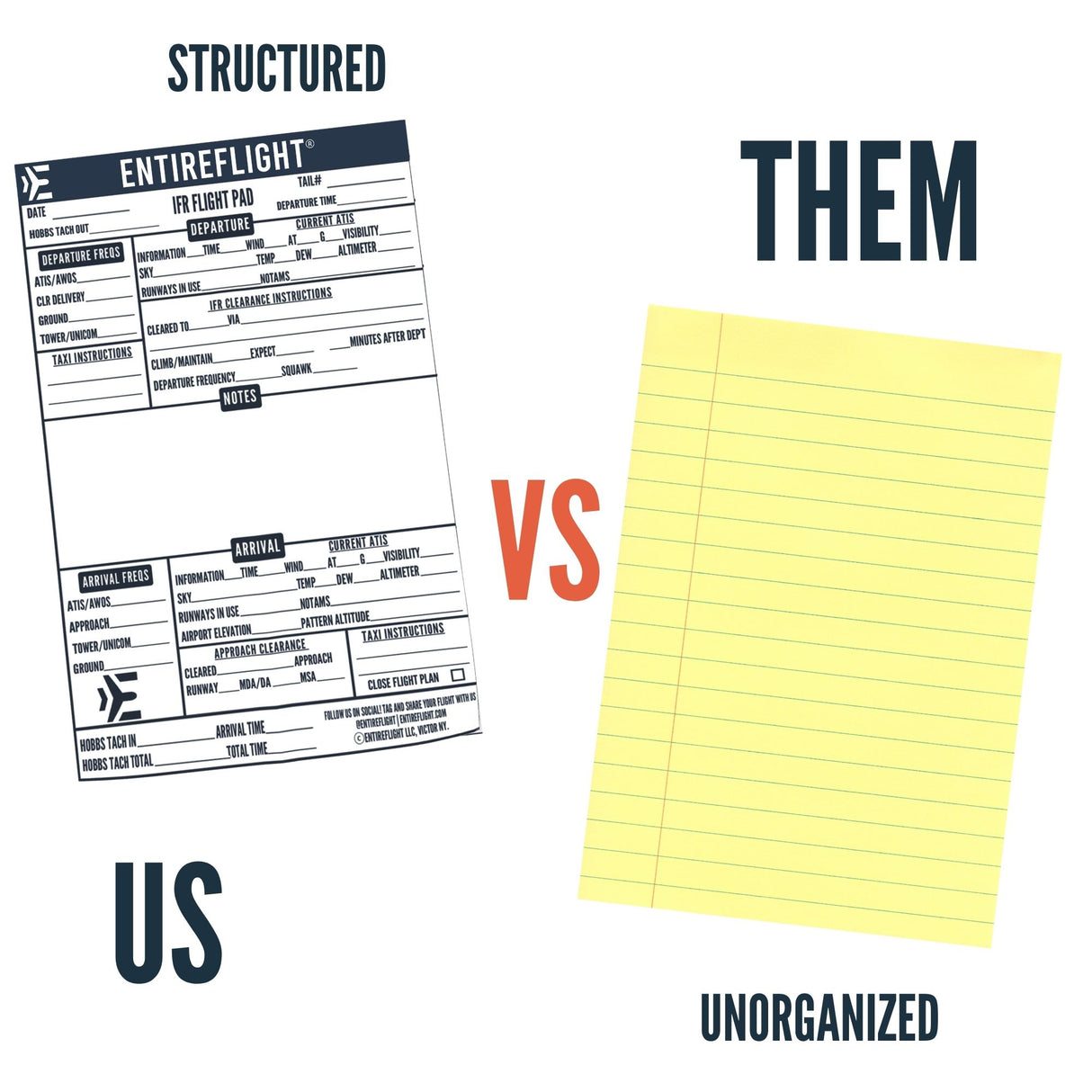
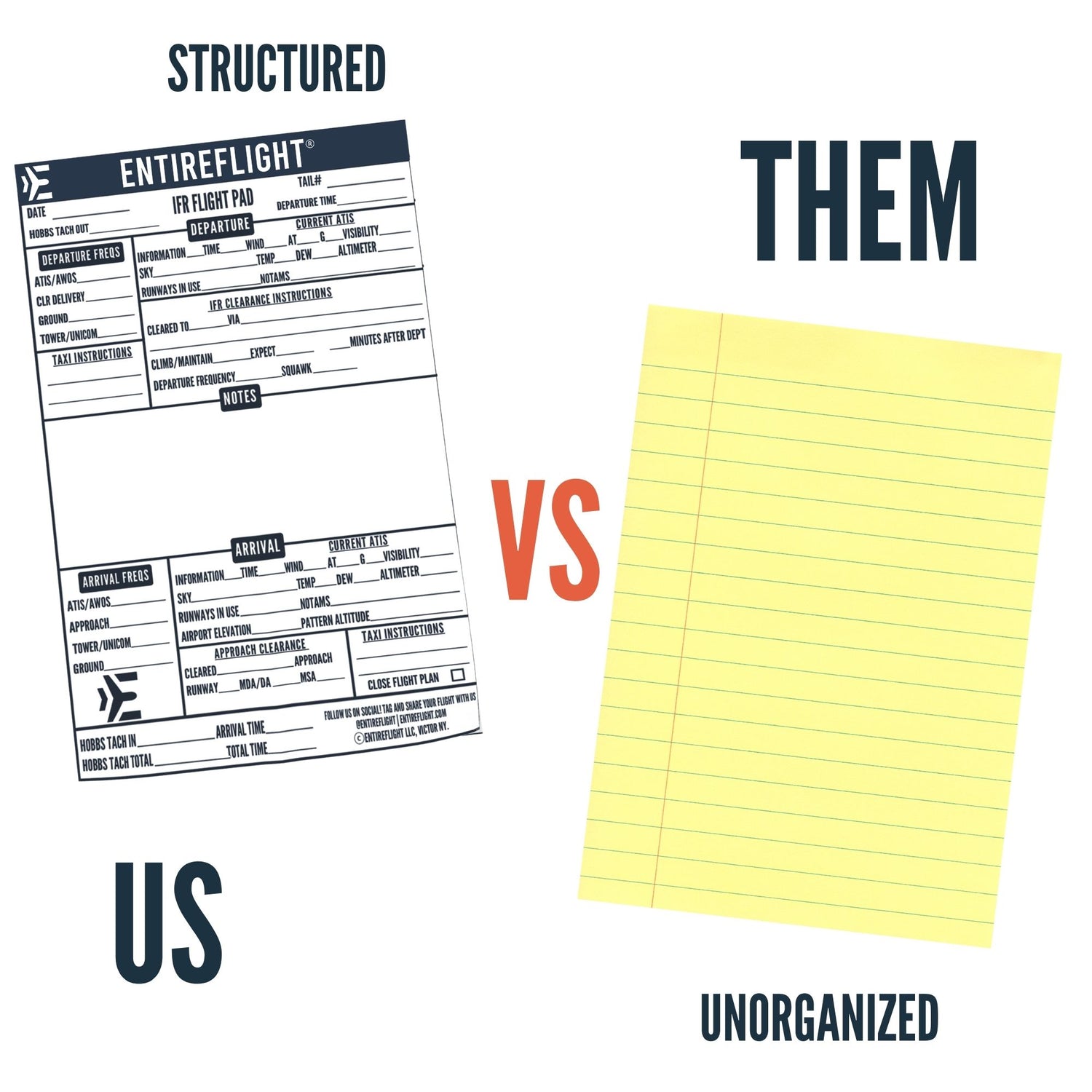
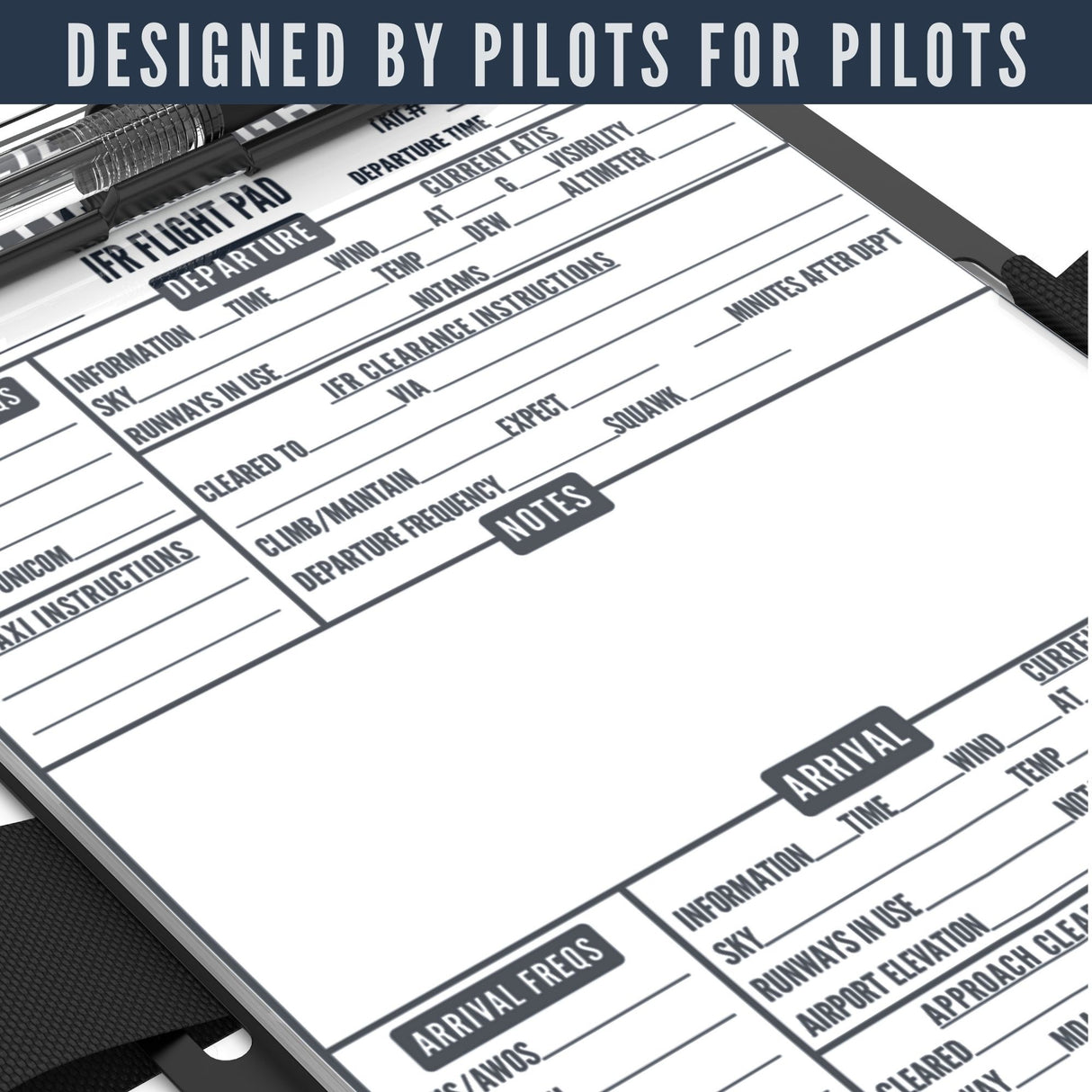
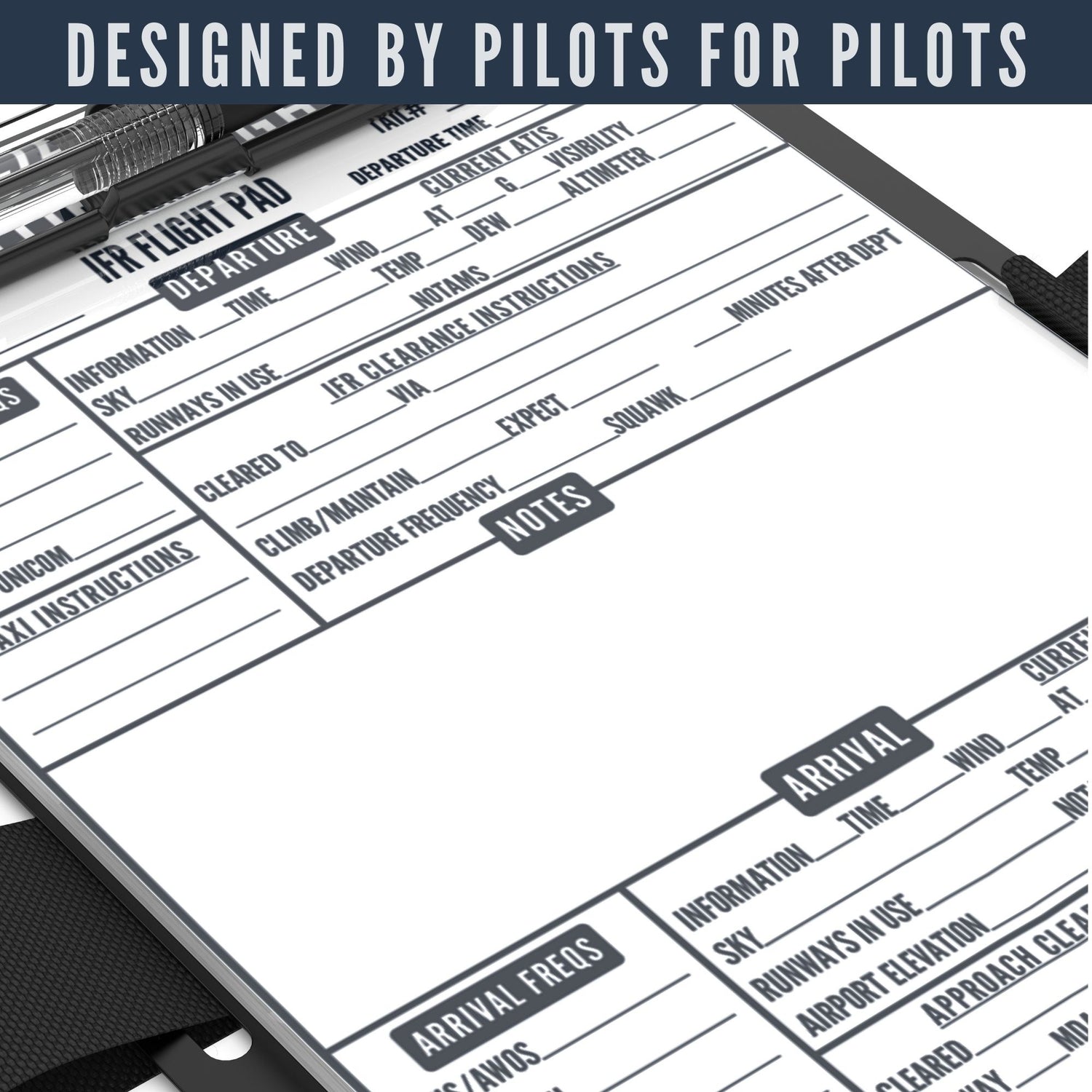

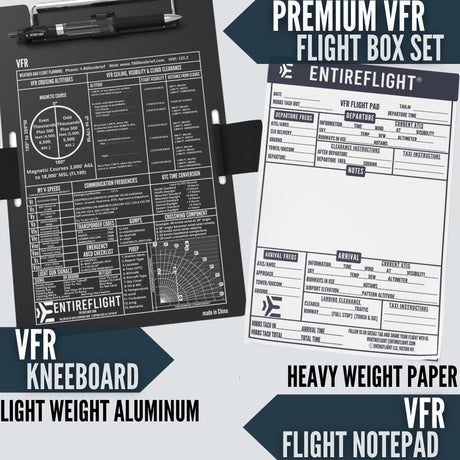
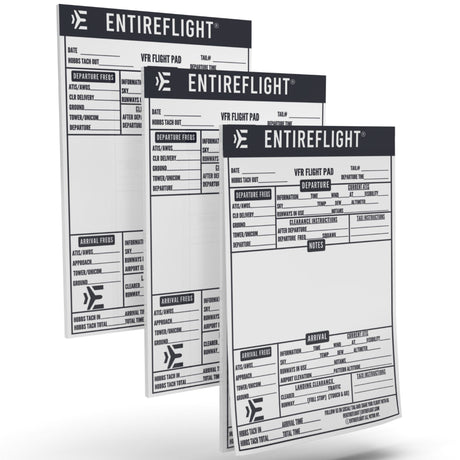
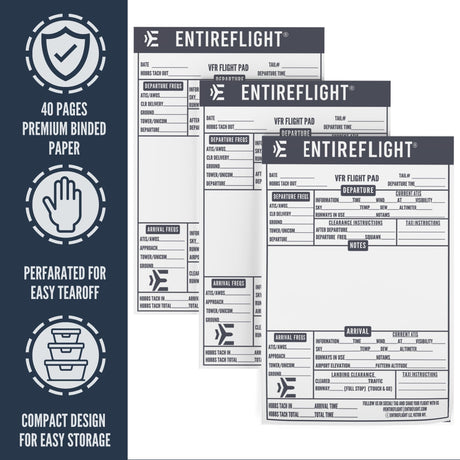
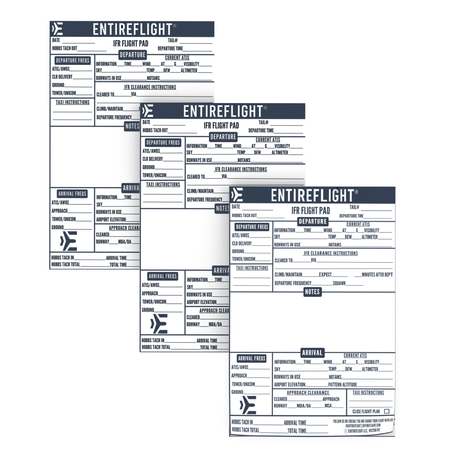
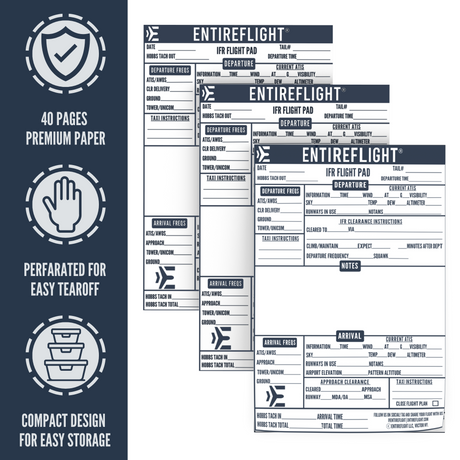



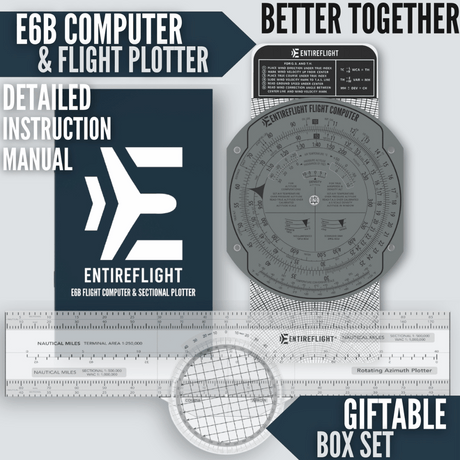
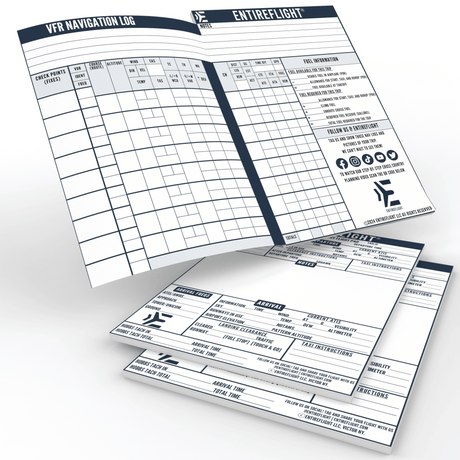
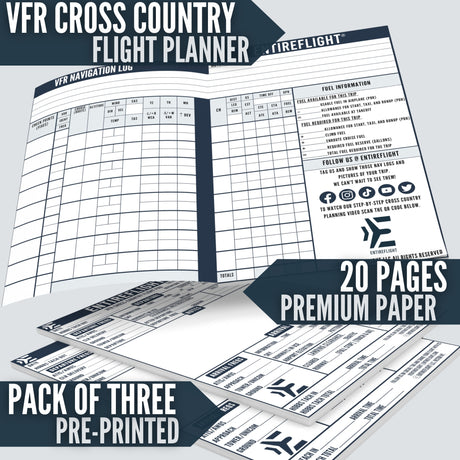
1 comment
I am a A320 / A330 Captain. I would like to do the simulator technician course as I am intersted to learn how the electronics work in the simulator